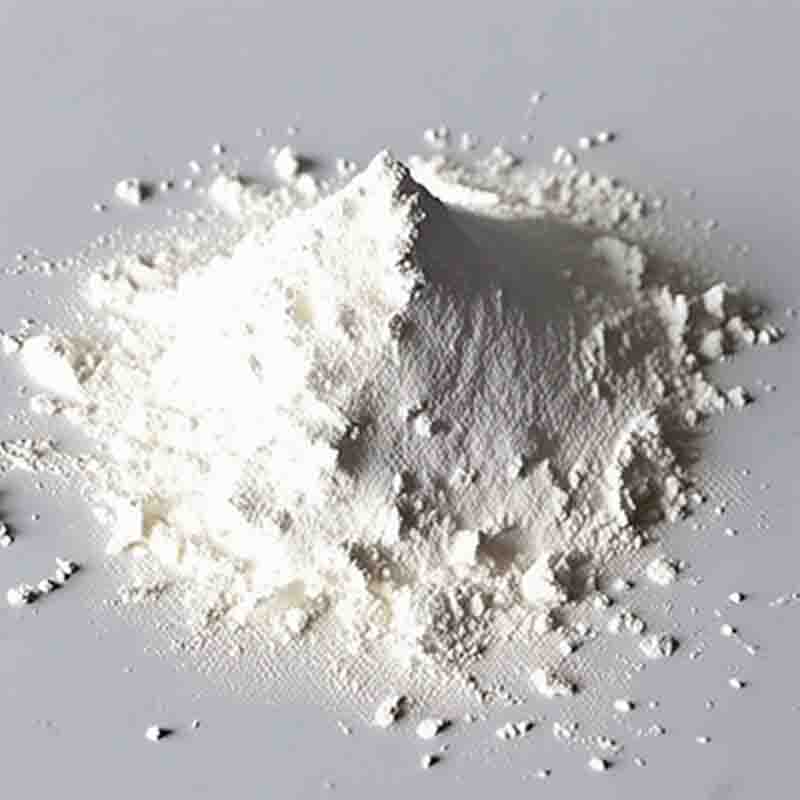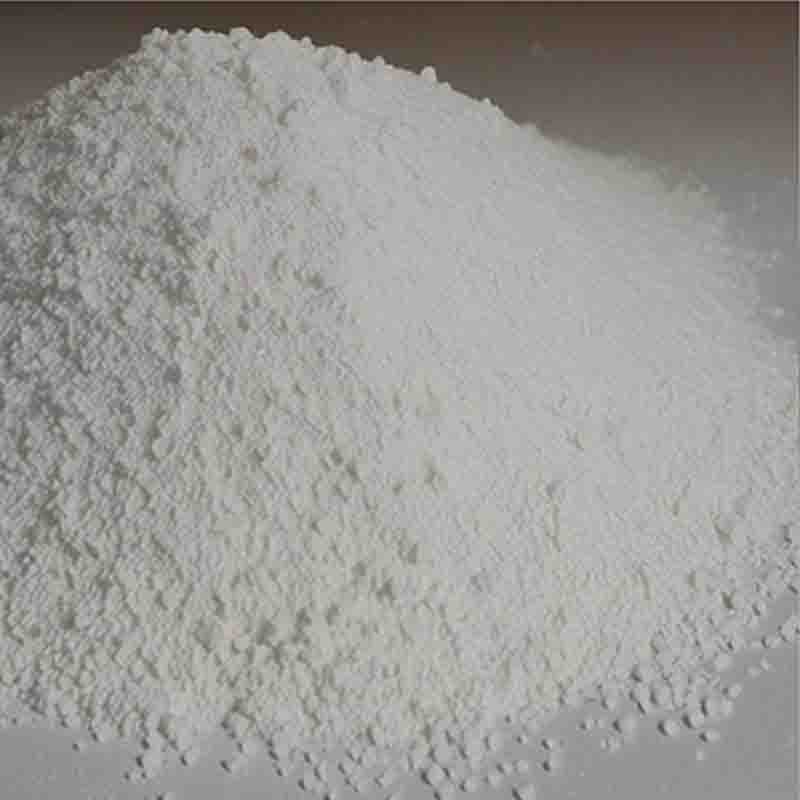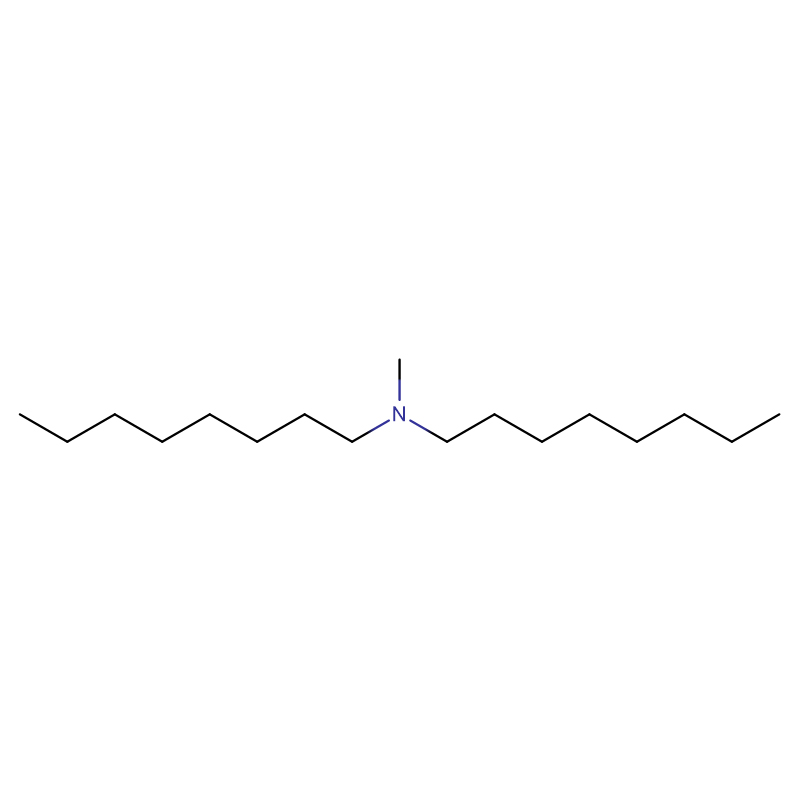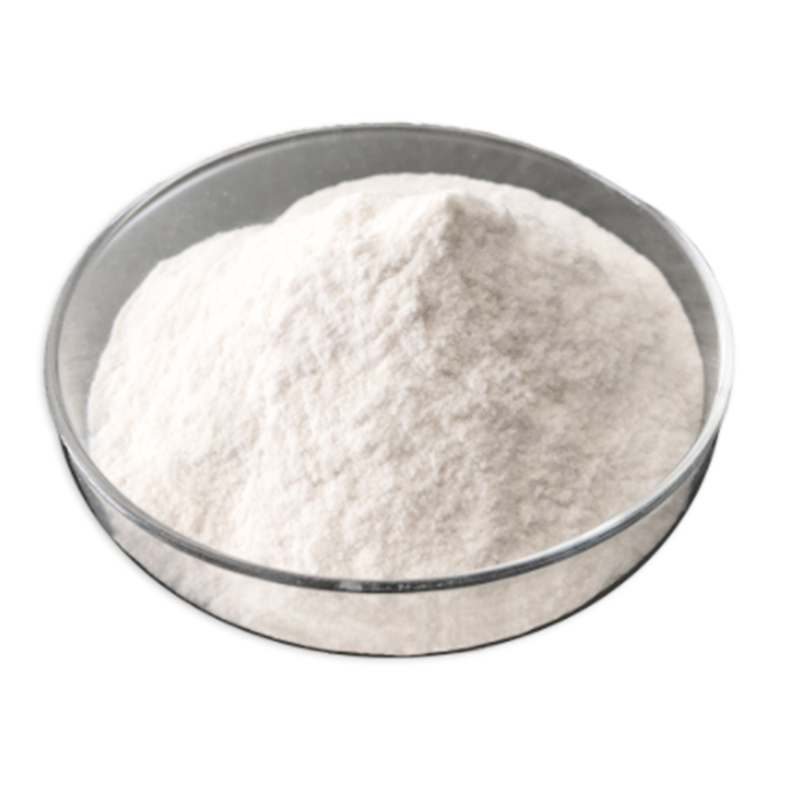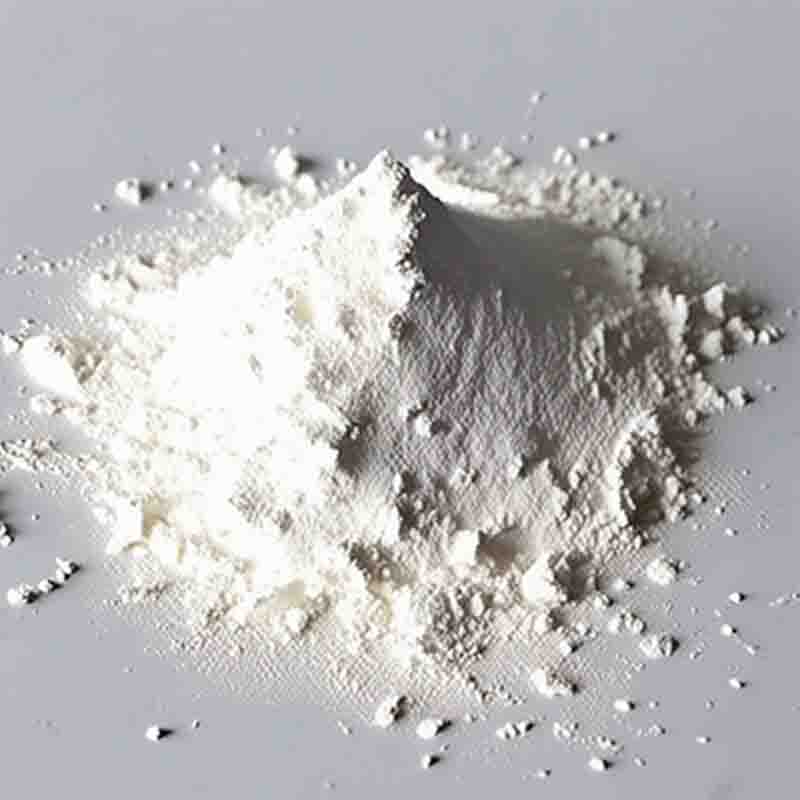N-benzylhydroxylamine,hydrochloride CAS:29601-98-7
| Catalog Number | XD96358 |
| Product Name | N-benzylhydroxylamine,hydrochloride |
| CAS | 29601-98-7 |
| Molecular Formula | C7H10ClNO |
| Molecular Weight | 159.61 |
| Storage Details | Ambient |
Product Specification
| Appearance | White powder |
| Assay | 99% min |
N-Benzylhydroxylamine hydrochloride, also known as benzylhydroxylamine hydrochloride, is a chemical compound with the molecular formula C7H10ClNO. It is a hydrochloride salt of N-benzylhydroxylamine, and it has several notable effects and applications.One of the effects of N-benzylhydroxylamine hydrochloride is its ability to act as a reducing agent. It can participate in various redox reactions, where it donates electrons to other molecules, leading to their reduction. This property makes it valuable in organic synthesis, particularly in the conversion of carbonyl compounds (e.g., aldehydes and ketones) to their corresponding alcohols. By accepting electrons from N-benzylhydroxylamine hydrochloride, these carbonyl compounds can be effectively reduced, expanding the range of synthetic possibilities.Furthermore, N-benzylhydroxylamine hydrochloride exhibits anti-inflammatory properties. It has been found to inhibit the release of certain inflammatory molecules, such as cytokines and prostaglandins, from immune cells. This suggests its potential use in the development of anti-inflammatory drugs or as an adjuvant in the treatment of inflammatory conditions.In addition to its anti-inflammatory effects, N-benzylhydroxylamine hydrochloride has been studied for its potential as an antioxidant. Oxidative stress, caused by an imbalance between free radicals and antioxidants in the body, can lead to cellular damage and contribute to various diseases. N-benzylhydroxylamine hydrochloride, being an antioxidant, can scavenge free radicals and protect cells from oxidative damage. This antioxidant property may have implications in the development of therapies targeting oxidative stress-related conditions.Moreover, N-benzylhydroxylamine hydrochloride shows antimicrobial activity. It has been found to inhibit the growth and survival of certain bacteria and fungi, making it a potential candidate for the development of antimicrobial agents. Its ability to target pathogens may contribute to its use in the prevention and treatment of infections in the medical and agricultural sectors.Additionally, N-benzylhydroxylamine hydrochloride has been explored for its application in the field of analytical chemistry. It can function as a derivative for the detection and quantification of various analytes, such as aldehydes and ketones, in complex biological or environmental samples. Its unique reactivity with specific functional groups provides a means for selective and sensitive analysis.In conclusion, N-benzylhydroxylamine hydrochloride exhibits a range of effects and applications. Its reducing properties, anti-inflammatory and antioxidant effects, antimicrobial activity, and analytical applications contribute to its potential in various fields, including organic synthesis, medicine, and analytical chemistry. Continued research on N-benzylhydroxylamine hydrochloride may lead to further discoveries and applications, expanding its potential benefits in different areas of science and industry.


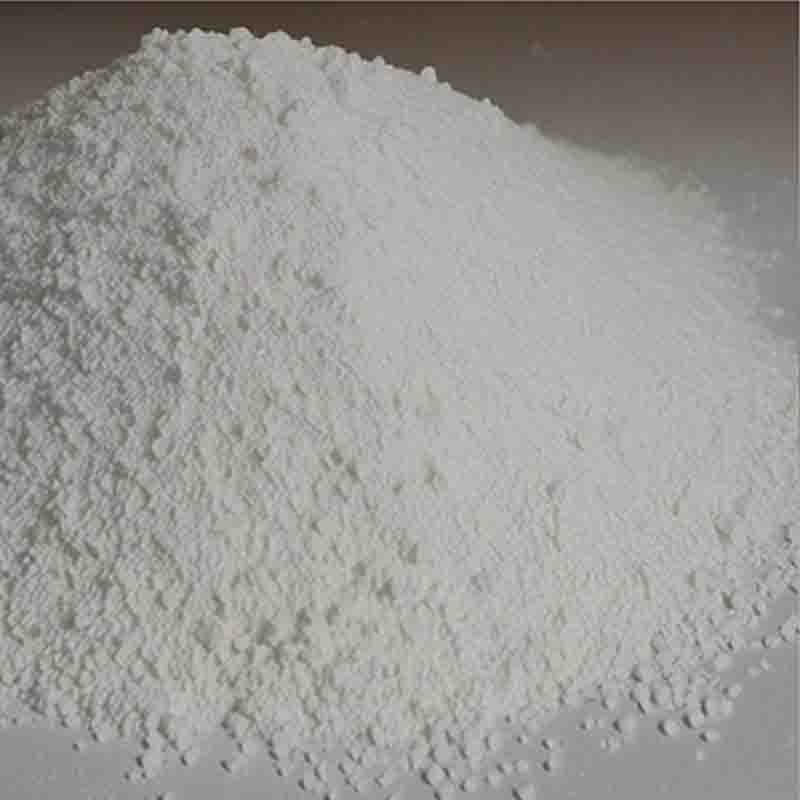

![H-Pyrrolo[2,3-b]pyridine,4-bromo- CAS: 348640-06-2](https://cdn.globalso.com/xdbiochems/白色粉末1859.jpg)
